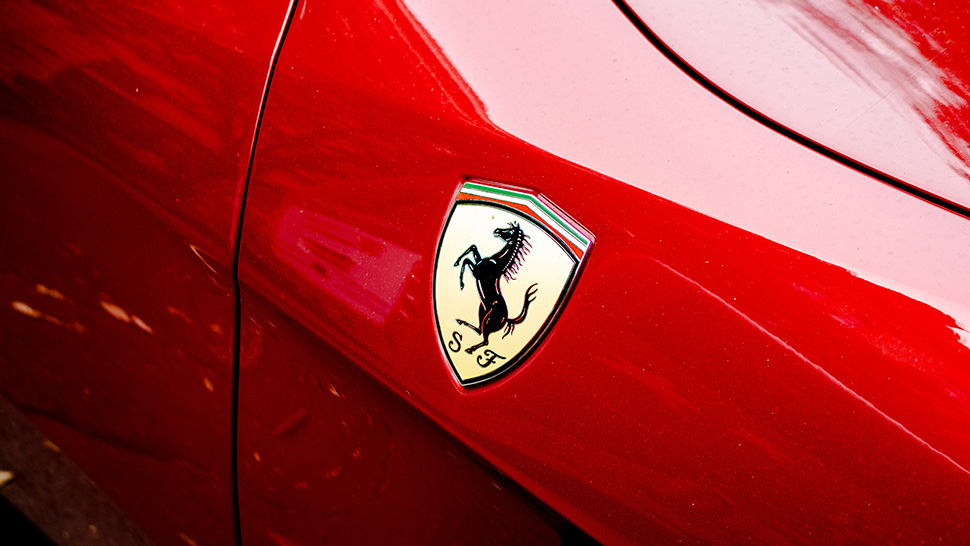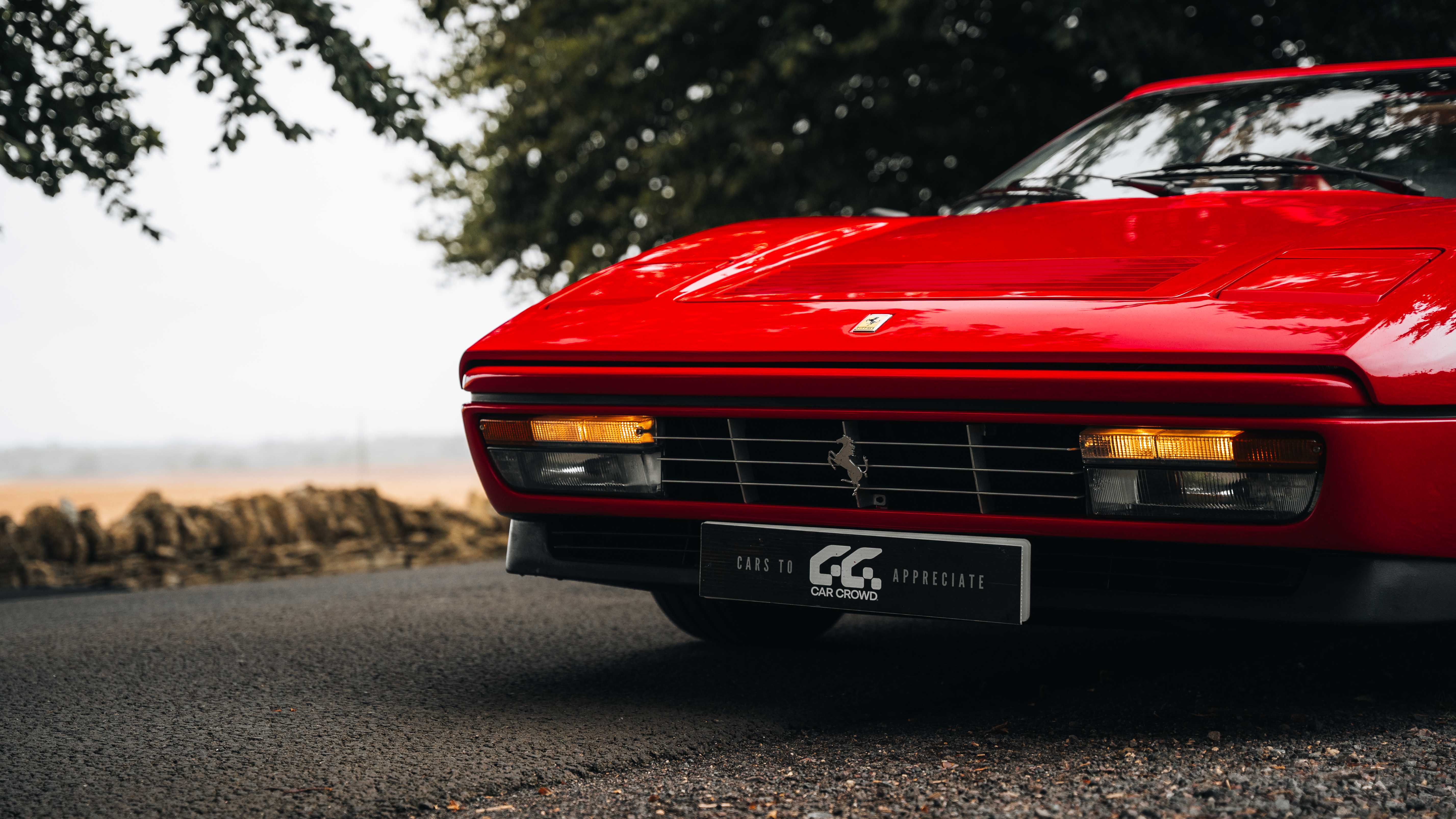How Alternative Investments Shape the ‘Passion Economy’
The world of investing is undergoing a radical transformation, driven by the rise of alternative investments and the growing influence of the passion economy. In an era where investors seek more than just financial returns, niche markets like fine art, rare wines, sneakers, , cars, luxury watches, and collectibles are emerging as lucrative asset classes. These investments blend financial value with personal passion, offering collectors and investors a chance to profit from what they love.
The shift from traditional investments toward alternative investments reflects broader trends in wealth creation, digital marketplaces, and cultural significance. In this article, we’ll explore how alternative assets are fueling the passion economy, why investors are turning to niche markets, and how technology is reshaping these unconventional investment opportunities.
Understanding the Passion Economy & Its Investment Boom
The passion economy refers to the growing trend of people turning personal interests and hobbies into profitable ventures. This movement extends beyond content creators and influencers—it includes investors seeking financial growth in passion-driven markets.
Unlike traditional stocks and bonds, alternative investments in collectibles, art, wine, and other niche assets provide a unique combination of:
· Emotional fulfillment – Investors own assets they truly love and appreciate.
· Cultural significance – Many alternative investments have deep-rooted historical and artistic value.
· Diversification – These assets are often uncorrelated with traditional markets, offering a hedge against volatility.
· Strong appreciation potential – Many collectibles have outperformed traditional asset classes over the past decade.
With younger generations embracing alternative assets and institutional investors recognizing their potential, the passion economy is reshaping the future of wealth-building.
1. Fine Art: A Legacy Investment Evolving with Technology
For centuries, fine art has been a symbol of status, cultural appreciation, and financial security. Today, it’s also a high-performing alternative investment category, with major auction houses like Sotheby’s and Christie’s reporting record-breaking sales.
Why Fine Art Is an Attractive Investment
🔹 Scarcity-driven value – Unlike stocks, art is a finite asset; demand often outpaces supply.
🔹Strong historical returns – The Artprice100 index has outperformed the S&P 500 over the past 20 years.
🔹Diversification & stability – Art values often remain resilient during economic downturns.
Tech Innovations in Art Investment
✅ Fractional Art Ownership – Platforms like Masterworks allow investors to buy shares in blue-chip artworks, making fine art more accessible.
✅NFTs & Digital Art – The explosion of blockchain-based digital art, such as Beeple’s $69M NFT sale, has introduced a new era of collectible investments.
✅AI-Powered Valuation Models – AI is now being used to predict appreciation potential in emerging artists' work.
Fine art remains one of the most prestigious and high-performing alternative investments, blending cultural appreciation with financial growth.
2. Rare Wines & Whiskey: Aged to Perfection, Profitable in Returns
Wine and whiskey investments have long been reserved for collectors and connoisseurs, but in recent years, they’ve gained traction as mainstream alternative investments.
Why Invest in Fine Wine & Whiskey?
Stable returns – The Liv-ex Fine Wine 100 Index has consistently outperformed stock markets.
Scarcity appreciation – Rare bottles become more valuable over time as supply dwindles.
Hedge against inflation –Unlike fiat currencies, high-quality wine and whiskey retain intrinsic value.
Notable Market Trends
· Whiskey surpassing wine – Rare whiskey casks have outperformed fine wine, with some bottles appreciating over 500% in a decade.
· Blockchain& Provenance Tracking – Platforms like WiV Technology use blockchain to authenticate bottles, reducing fraud.
· Fractional Ownership of Rare Bottles – Companies like Vinovest allow investors to own shares in premium wine collections without physical storage concerns.
With wine and whiskey becoming accessible to retail investors, their role in the passion economy is expanding rapidly.
3.Sneakers: The Billion-Dollar Alternative Investment Market
Sneaker collecting, once a subculture, has evolved into a multi-billion-dollar alternative investment market. Limited-edition releases from Nike, Adidas, and Jordan Brand have made sneakers one of the most actively traded assets on resale platforms.
What Makes Sneakers a Strong Investment?
High demand& cultural influence – Sneakers bridge the gap between fashion, sports, and streetwear, making them desirable to global audiences.
Record-breaking returns – Rare sneakers like the Nike Air Yeezy 1 "Grammy" sold for $1.8 million, showcasing their investment potential.
Liquidity & rapid resale – Unlike traditional assets, sneakers can be flipped quickly for profit on platforms like StockX and GOAT.
How Technology is Fueling the Sneaker Investment Boom
✅ AI-driven pricing models –Platforms use AI to predict sneaker appreciation, helping investors make smarter buys.
✅NFT-backed sneaker ownership – Some sneaker brands are merging physical and digital collectibles through NFTs.
✅Institutional investors entering the market – Hedge funds are now investing in rare sneaker portfolios as a legitimate alternative asset class.
Sneaker investments are blurring the lines between fashion, culture, and finance, making them a key pillar of the passion economy.
4. Luxury Watches: Timepieces as Tangible Wealth
Luxury watches from brands like Rolex, Patek Philippe, and Audemars Piguet have become status symbols and appreciating assets in the world of alternative investments.
Why Watches Are a Smart Investment
Limited production & exclusivity – Rare models gain value due to supply constraints.
Market resilience – Unlike volatile stocks, top-tier watches hold or increase in value.
Store of wealth – High-end timepieces are recognized as a legitimate wealth preservation asset.
Emerging Trends in Watch Investments
✅ Digital marketplaces booming –Platforms like aShareX have made watch investing more accessible.
✅Tokenization of watch collections – Startups are offering fractional ownership of high-value watches, allowing investors to own a share in prestigious collections.
✅Rising demand from younger generations – Millennials and Gen Z are driving demand for collectible watches, shifting the market dynamics.
With scarcity and prestige driving value, luxury watches area cornerstone of passion-driven investing.
5. Sports Memorabilia & Collectibles: The Nostalgic Investment Boom
From Michael Jordan’s rookie cards to autographed jerseys, sports memorabilia has become one of the fastest-growing alternative investment markets.
Key Investment Drivers
Nostalgia& emotional connection – Fans invest in memorabilia tied to legendary moments.
Explosive appreciation – A 1996 Kobe Bryant rookie card recently sold for $1.8 million.
Expansion of digital collectibles – Platforms like NBA Top Shot are merging traditional memorabilia with blockchain-powered NFTs.
Innovations in Sports Collectibles
✅ NFT-backed sports assets – The rise of digital trading cards is revolutionizing memorabilia investing.
✅Fractional ownership of rare items – Investors can now own shares in historic sports artifacts without buying them outright.
Sports memorabilia combines cultural significance, nostalgia, and financial returns, making it a highly attractive alternative investment.
The Future of Alternative Investments & the Passion Economy
Alternative investments are no longer just for the ultra-wealthy—they are now mainstream assets that blend financial returns with cultural relevance. The rise of the passion economy is fueling demand for fine art, sneakers, watches, wine, collectibles, and sports team ownership, transforming how investors approach wealth-building.
Key Takeaways
✅ Technology is democratizing access – Blockchain, fractional ownership, and AI-driven analytics are reshaping alternative investing.
✅Cultural assets are becoming financial instruments – Passion-driven markets are now recognized as legitimate investment categories.
✅Institutional investors are entering the space – Hedge funds and family offices are allocating capital to niche collectibles.
As investors seek unique, tangible, and emotionally rewarding assets, alternative investments will continue to reshape financial markets and the passion economy in the years ahead.








Leave a Comment